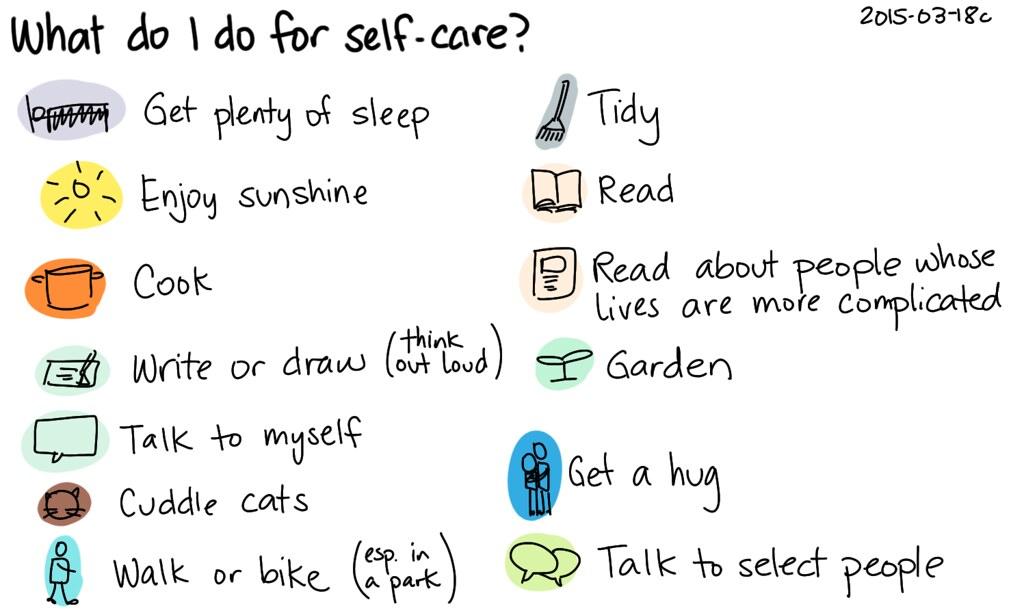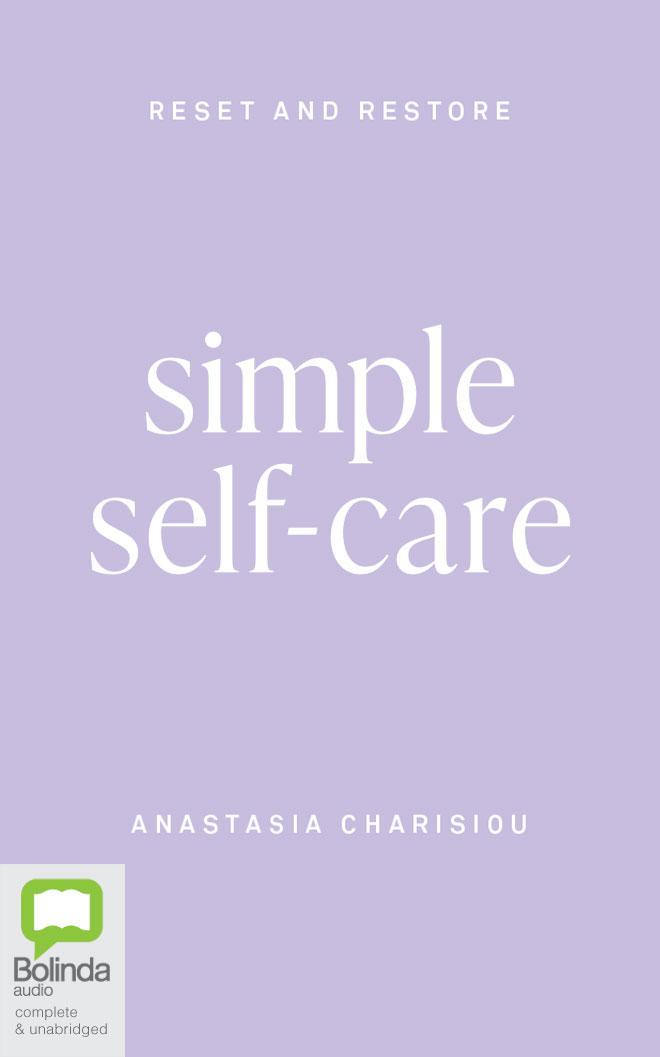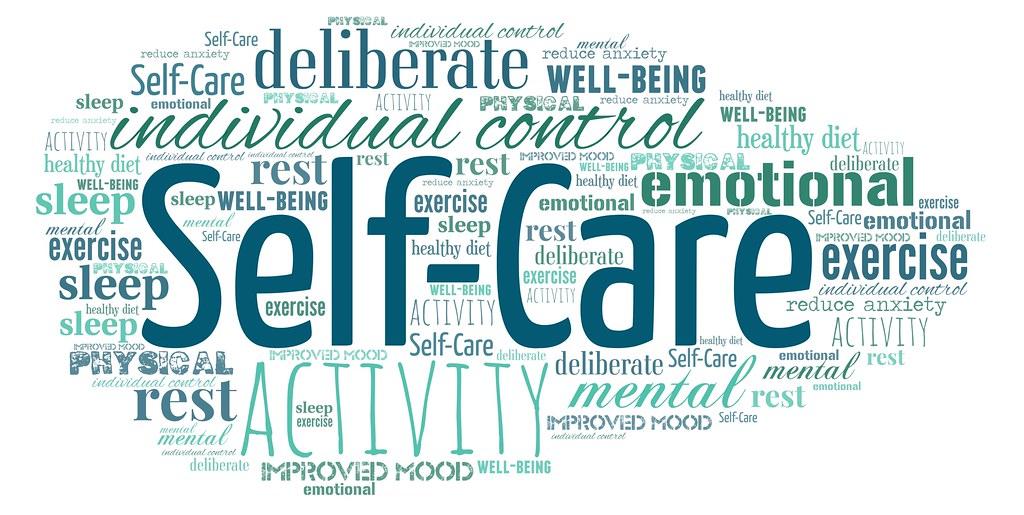In the vast tapestry of life, caregivers are the unsung heroes weaving love, patience, and unwavering support into the fabric of their loved ones’ days. These remarkable individuals devote their time and energy to caring for others, shouldering an immense emotional and physical burden. Yet, amidst their boundless compassion, caregivers often find themselves unwittingly neglecting their own well-being. This article delves into the art of self-care for caregivers, illuminating the crucial importance of nurturing their own minds, bodies, and souls. With gentle whispers of guidance and a compassionate hand to hold, we invite caregivers to embark on a journey of prioritizing their own well-being with grace, understanding, and unwavering self-love.
The Importance of Self-Care for Caregivers: Nurturing Your Mind, Body, and Soul
Being a caregiver is a selfless act of love and compassion, but it can also be physically and emotionally draining. As caregivers, we often put the needs of others before our own, forgetting that we too need care and attention. This is why self-care is essential for our well-being.
To effectively care for others, we must first prioritize our own well-being. Nurturing our mind, body, and soul allows us to recharge, enhance our mental and physical health, and ultimately provide better care for our loved ones. Here are some key aspects of self-care that caregivers should focus on:
- Physical self-care: Take time to engage in regular exercise and eat nourishing meals. Prioritizing sleep, staying hydrated, and attending routine medical check-ups are also crucial for maintaining good physical health.
- Emotional self-care: Caregiving can bring forth a rollercoaster of emotions. It is important for caregivers to acknowledge and address their own emotions. Seek support from friends, family, or support groups. Find healthy outlets like journaling or engaging in hobbies that bring joy and relaxation.
- Spiritual self-care: Nurturing the soul is equally important. Take moments to reflect, meditate, or engage in activities that bring a sense of peace and spirituality. This might involve attending religious services, spending time in nature, or simply practicing mindfulness.
Remember, self-care is not selfish. It is an essential part of being a caregiver. When we prioritize our own well-being, we become better equipped to provide the love and care our loved ones need. So, take the time to nurture yourself – mind, body, and soul – and embrace the transformative power of self-care.

Recognizing the Signs of Burnout: Understanding the Impact on Caregivers’ Well-Being
Self-Care for Caregivers: Prioritizing Your Own Well-Being
Being a caregiver is undoubtedly a demanding and selfless role, but it is crucial to recognize the signs of burnout and understand the impact it can have on your well-being. In the midst of dedicating your time and energy to caring for others, it is easy to overlook your own needs. However, prioritizing self-care is not only essential for your own physical and mental health, but it also allows you to provide better care for your loved ones.
To ensure you are taking care of yourself while caring for others, here are a few self-care practices to prioritize:
- Set boundaries: Establish clear limits on your availability and responsibilities to avoid feeling overwhelmed. Communicate openly with your loved ones about your needs and limitations.
- Take breaks: Allow yourself regular breaks throughout the day to recharge. Whether it’s a short walk, a cup of tea, or spending a few minutes engaging in a hobby you enjoy, these moments for yourself are vital.
- Delegate tasks: Don’t hesitate to ask for help or delegate certain caregiving tasks to others. It can be beneficial to involve family members, friends, or even professional caregivers to share the responsibilities.
- Prioritize self-care activities: Engage in activities that promote relaxation and rejuvenation. This could include exercise, meditation, reading a book, practicing hobbies, or connecting with friends and communities who understand your journey.
In addition to these self-care practices, it is important to remember that seeking support and reaching out for help is not a sign of weakness, but a strength. Connect with support groups, seek professional counseling, or reach out to organizations specializing in caregiver assistance. Remember, taking care of yourself is an essential part of being a caregiver.

Practical Strategies for Self-Care: Prioritizing Personal Wellness Amidst Caregiving Duties
Being a caregiver is an incredibly rewarding role, but it can also be emotionally and physically draining. It’s essential to remember that taking care of yourself is just as important as taking care of others. Prioritizing your own well-being can help prevent burnout and ensure that you have the energy and resilience to continue providing quality care. Here are some practical strategies for self-care that you can implement to maintain personal wellness amidst your caregiving duties.
1. Set boundaries: It’s important to establish clear boundaries to protect your own time and energy. Learn to say no when necessary, delegate tasks to others, and communicate your needs to your loved ones. Setting realistic expectations will help you avoid becoming overwhelmed.
2. Find support: Reach out to support groups, online communities, or counseling services specifically tailored for caregivers. Connecting with others who understand your challenges and feelings can be tremendously comforting and provide valuable insights.
| Self-Care Activities | Benefits |
|---|---|
| Practice mindfulness or meditation | Reduces stress and promotes relaxation |
| Engage in regular physical exercise | Boosts energy levels and improves overall well-being |
| Take breaks and indulge in hobbies | Provides mental stimulation and relieves caregiver stress |
| Ask for additional help or respite care | Allows you to take a break and recharge |
3. Practice self-care activities: Engaging in activities that bring you joy and relaxation is essential for your well-being. Whether it’s taking a bubble bath, reading a book, or going for a walk in nature, make time for activities that rejuvenate your mind, body, and soul.
Remember, by prioritizing your own self-care, you are not being selfish. Taking care of yourself enables you to provide better care for others. Embrace these practical strategies and make a commitment to prioritize your own well-being as you continue your caregiving journey.

Seeking Support and Building a Resilient Network: Effective Coping Mechanisms for Caregivers
Being a caregiver is a challenging role that requires immense strength and resilience. While it is a deeply rewarding experience, it can also be physically, mentally, and emotionally draining. To provide the best care for your loved ones, it is crucial to prioritize your own well-being through proper self-care. By nurturing yourself, you can build resilience and support networks that will help you navigate the ups and downs of caregiving.
Self-Care Essentials:
1. Set Boundaries: Establish clear boundaries that allow you to create a balance between caregiving responsibilities and personal life. Communicate these boundaries with your family, friends, and colleagues, and don’t be afraid to ask for their support in maintaining them.
2. Engage in Regular Exercise: Physical activity is not only beneficial for your physical health but also plays a major role in managing stress and enhancing your mood. Find activities that you enjoy and make time for them regularly, even if it’s just a short walk or a quick yoga session.
3. Seek Emotional Support: Reach out to support groups, online forums, or trusted friends who can provide a listening ear and emotional support. Connecting with others who understand what you’re going through can be tremendously empowering and helps combat feelings of isolation.
Building a Resilient Network:
Creating a strong support network is crucial for caregivers to prevent burnout and maintain their own well-being. Consider the following strategies to build a resilient network:
1. Delegate and Share Responsibilities: Identify tasks that can be shared with other family members, friends, or professional caregivers. By distributing the responsibilities, you can lighten your burden and prevent overwhelming stress.
| Responsibilities | Potential Shareholders |
|---|---|
| Meal preparation | Other family members |
| Household chores | Professional cleaner or hired help |
| Transportation to appointments | Neighboring friends or community services |
2. Explore Respite Care Options: Look into respite care services that provide temporary relief for caregivers. By taking breaks and allowing yourself time for self-care, you can rejuvenate and recharge to continue providing the best care for your loved ones.
3. Expand Your Support Network: Seek out local caregiver support groups, organizations, or online communities that offer resources, advice, and connections. Engage with others who share similar experiences to exchange ideas, learn coping mechanisms, and foster a sense of belonging.
In conclusion, prioritizing your own well-being as a caregiver is crucial for both you and your loved ones. By implementing effective coping mechanisms, setting boundaries, and building a resilient support network, you can navigate the challenges with strength and resilience, ultimately ensuring the best quality of care for your loved ones.
As we close the book on this article, our hope is that its pages have unfolded a harmonious melody of self-discovery and revitalization for every caregiver out there. Amidst the whirlwinds of responsibility, it’s easy to lose oneself in the shuffle. However, we implore you to remember that self-care isn’t a luxury but rather an essential piece of the caregiving puzzle.
In this journey of nurturing others, never forget to nurture yourself. Just as a breathtaking sunrise brings light to the world, you too have the power to illuminate your own spirit. Embrace the power of solitude, indulge in self-reflection, and allow yourself to bask in the warmth of self-love.
Remember that your worth is not measured solely by what you do for others, but also by the care and compassion you show yourself. With each inhale, breathe in the knowledge that your well-being matters, and your needs demand attention. As the bards of old strummed their heartfelt songs, weave your own melodic tapestry of self-prioritization.
Allow yourself the respite you deserve; the world can wait while you gather the scattered fragments of your own tired soul. Indulge in activities that recharge your spirit, whether it be dancing to your favorite tune, savoring the taste of a decadent treat, or simply losing yourself in the pages of a captivating novel.
As you journey through the seasons of caregiving, never forget that self-care is not a sign of weakness or selfishness; it is an ode to your own resilience and a testament to the strength of your spirit. Just as the moon embraces the night sky, may you find solace in the embrace of self-care, knowing that it is a gift you truly deserve.
So, dear caregiver, as you close this article and re-enter the world of nurturing hearts and comforting souls, hold onto this truth: by prioritizing your own well-being, you enrich not only your life but the lives of all those entrusted to your care.



